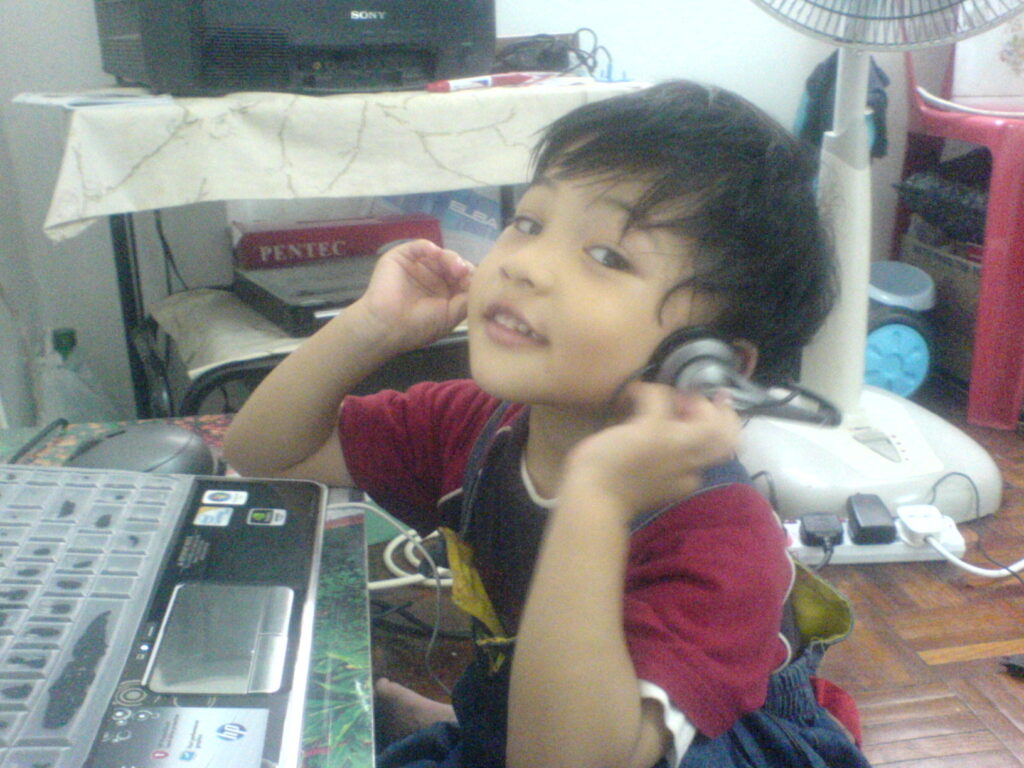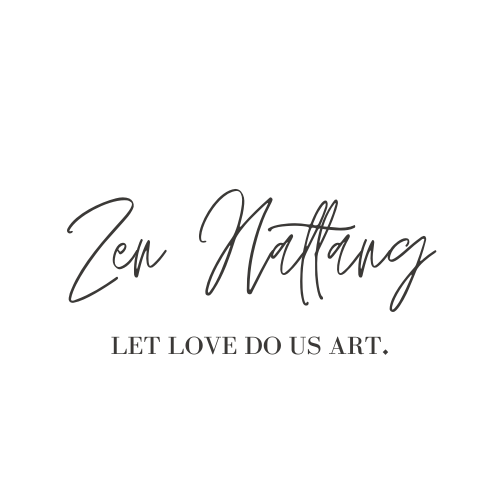I’ve always had this wide-grinned confidence and love for myself, but I didn’t necessarily like being myself. From my little years, I was the loudest and proudest, and those who saw the light in me felt the urge to dim it. You could say I was a neurodivergent child who grew up in a world where I was unabashedly me, and didn’t feel the need to suppress my self-expression, or you could say the continual cycles of relational aggression were a result of my astrological natal chart placements. Either way, it took me years of reflecting upon my experiences and the perspective I had of myself in relation to the world around me, to be able to grasp what it meant to embody confidence and build the foundational blocks for who I am today, and who I will continue to become in the future.

Confidence and Shame
First of all, what is true confidence? True confidence is not a mask or a personality trait. It is the product of having met yourself so deeply, including the darkest parts of yourself. For me, this meant metaphorically facing a mirror that reflected back to me, not my physical appearance, but my shame. When I saw the rawest of me, and the consequences from the actions and mindset of that version of me, I radically accepted those parts of myself, and loved myself for them. I learned to love myself by taking the time to understand myself and the way that I was. Being loved is to be understood. By fulfilling and validating that one childhood desire of mine to be understood when no one else does, I healed the shame my inner child carried. I now no longer care when others misunderstand me, and with that, I ended a cycle of pain. There is a peace that comes with simply allowing yourself to exist, and observing yourself, rather than waiting around and monitoring your reactions for the next moment to criticise yourself.
Boundaries
A huge part of the person I’ve become today is the boundaries I’ve enforced onto myself. Boundaries are not defined the same as rules. Rules are set for other people, while boundaries are set for yourself. Everything starts and ends with you. Life is happening through you, not to you, so it is vital that we take accountability for the way we have been leading our lives, and take responsibility for how our lives turn out from this point on. When it came to boundaries, I no longer accepted the behaviour of others that did not reflect back the respect and value I had in myself. This meant leaving relationships, friendships, and environments in which I did not thrive in. Instead of making myself smaller to fit into others’ perceived notions of me, I planted a garden and took up space in the grass that nourished my flowers. With these new boundaries implemented, I took disrespect at face-value, rather than marking it off as a joke or an exception to the way I deserved to be treated. Respecting myself meant the people-pleasing ended, and I was not willing to bend my back for people who did not share my value of kindness.
Detachment
One thing I’ve learned in this journey of confidence and becoming my most authentic self, was that I had to maintain a healthy level of detachment. Detachment to outcomes, circumstances, external expectations, people’s opinions, and sometimes even the beliefs I subconsciously held for myself. To me, the labels on the relationships I had with others chipped off as if they were water-stained paper tags. It didn’t matter to me if I had grown up with someone my whole life. If our values opposed each other’s, and they were still involved in social circles that held me back from freely expressing the wholeness of my identity, I let them go. I did not allow sentimental emotions to self-sabotage my growth.
Living in the Present Moment
My final point is to live in the present moment. When you are caught up in the past, you drag the past with you. Like a cat playing with a ball of yarn, you fumble with the autopsies you’ve performed on old conversations and situations, which tangle you into a knot you stay stuck in. You hold yourself back. Being disconnected from the present moment also disconnects you from who you are now. If you are jaded by the past versions of you, when are you going to have the time to sit down and create your current identity or the future visions you’ll have for yourself? If you know you no longer resonate with who you were or what was, then only by being in the present moment can you get to know yourself on a deeper level and develop a strong sense of self. I was at my lowest when I didn’t know who I really was at the core. Now that I’ve built the foundation of Zen, I have become Zen, and from here is where I will expand to the future selves I mould into.
